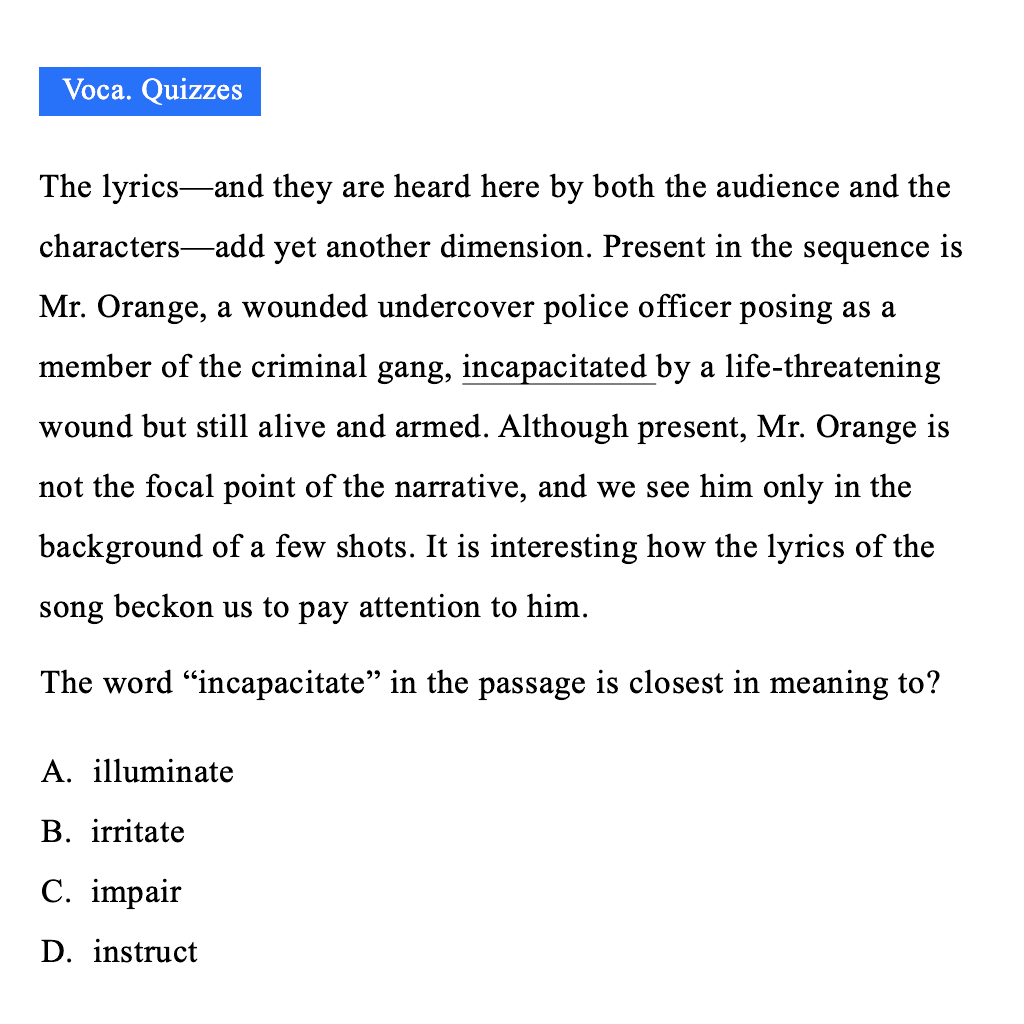Context of Conformity
Native Americans reinforced cooperation with a strong sense of order. Custom, the demands of social conformity, and the rigors of nature strictly regulated life and people’s everyday affairs. Exacting familial or community revenge was a ritualized way of restoring order that had broken down. On the other hand, the failure of measures to restore order could bring the fearful consequences experienced by Hiawatha’s Iroquois— blind hatred, unending violence, and the most dreaded of evils, witchcraft. In fearing witchcraft, Native Americans resembled the Europeans and Africans they would encounter after 1492.
Examples with Conformity
Apple said last week that the industry was already moving to USB-C and that regulation to force conformity would stifle innovation, harming European consumers.
–Technology
Gelfand’s studies have shown that individuals’ views on social conformity shift when they face actual threats or even when they simply perceive a potential danger.
–Science
For decades, Japan’s annual spring recruitment practices were essential to the economy, offering a defined route for career and social mobility, while also reflecting and strengthening the cultural focus on loyalty and conformity with societal norms.
–Business
A good teammate is expected to prioritize conformity and unquestioning loyalty over personal principles, staying silent and blending his individuality and beliefs into the team’s collective identity, such as adopting the team’s colors.
–Sports
The situation is similar in studies of Cold War culture, where many books critically examine the impact of lowbrow entertainment, the rise of excessive consumerism, and the stifling effects of social conformity.
–Arts and Culture



